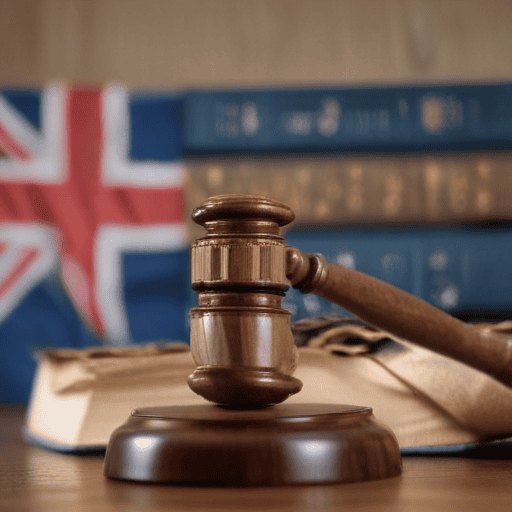Former Attorney-General Aiyaz Sayed-Khaiyum has raised serious concerns regarding the recent decision by Justice Minister Siromi Turaga to place Corrections Commissioner Dr. Jalesi Nakarawa on leave, suggesting that it may constitute an overreach of authority that infringes upon presidential powers. This commentary comes amid growing criticism of the government’s actions, which many believe challenge the integrity of the 2013 Constitution.
Sayed-Khaiyum described the situation surrounding Dr. Nakarawa as a “constitutional debacle,” pointing to Section 130 (4) of the Fijian Constitution. This section stipulates that the Commissioner of the Fiji Corrections Service (FCS) is appointed by the President, upon the recommendation of the Constitutional Offices Commission (COC), following discussions with the responsible minister. He emphasized that any actions regarding termination, suspension, or enforced leave should legally fall under the purview of the President.
He argued that Minister Turaga’s decision appears to disregard constitutional provisions in favor of the Fiji Corrections Service Act and lacks legal grounding, potentially undermining the processes established for COC operations and usurping the authority of the President. Furthermore, Sayed-Khaiyum questioned the appropriateness of Prime Minister Rabuka’s approval of this approach and asked for clarity on the stance of the current Attorney-General and Solicitor-General in this context.
Should the minister have valid complaints against Dr. Nakarawa, Sayed-Khaiyum insisted that he ought to have presented these to the COC secretariat instead of acting unilaterally. He urged the Prime Minister to consider this moment as an opportunity to uphold the rule of law, bolster public confidence, and protect both the President’s authority and democratic principles. In his view, any directive issued without legitimate authority constitutes an abuse of power.
Opposition MP and shadow justice minister Ketan Lal echoed these sentiments, noting a troubling lack of clarity and accountability in the governmental decision-making process. He criticized the sudden sidelining of Dr. Nakarawa without transparency regarding the allegations, suggesting it threatens public trust in governmental institutions and questioning why some ministers under investigation have not faced similar leave directives.
Requests for clarification have been sent to Prime Minister Rabuka and the President’s office regarding this contentious issue.
It is essential for the Fijian government to navigate these constitutional challenges carefully, as maintaining transparency and accountability is crucial for fostering public trust and ensuring a healthy democratic process. The ongoing dialogue about ministerial authority and adherence to constitutional law suggests a pivotal moment for Fiji’s governance, one which, if approached correctly, could lead to strengthened institutions and a more robust legal framework.

Leave a comment